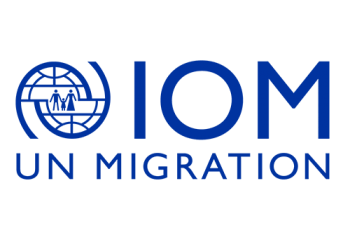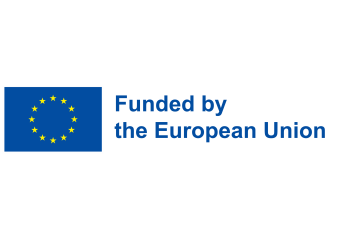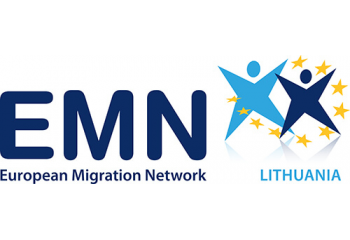News
Migrant return in the EU: what are the incentives and motives for voluntary departure?
What incentives and motives exist that impact a third-country national’s decision to depart voluntarily? This EMN inform focuses on the issue of voluntary departures from EU Member States and Norway, in compliance with - or in anticipation of - a return decision.
The EU Commission’s Pact on Migration and Asylum of 2020 established the aim to develop effective and humane procedures for the return of individuals not entitled to stay in the EU, which led to the creation of an EU Strategy for Voluntary Return and Reintegration. The strategy seeks to support Member States in their efforts of encouraging voluntary departure, which is viewed as more humane and dignified approach than forced return. This EMN inform focuses on the incentives and motives that Member States have developed to encourage voluntary departure through specific assistance programmes (AVRR programmes).
Incentives refer to the measures offered by national authorities to encourage a third-county national to return voluntarily to a country, while motives refer to the personal or contextual reasons for which a third-country national may take the decision to leave voluntarily or not. Most Member States plus Norway were found to provide pre-departure and post-arrival incentives, both in-cash and in-kind. In-cash incentives vary widely depending on the Member State and on the third-country national’s needs and profile. However, in-kind support was found to more significantly impact a third-country national’s decision to depart voluntarily. For instance, this could include counselling, medical or psychological assistance, logistical support to organise the return journey, legal assistance, and the provision of basic needs prior to return such as accommodation, healthcare and food. While slightly less common, several Member States reported also supporting them to attend a training programme.
However, in some cases, incentives may not be attractive enough to outweigh the benefits of remaining. The situation in the country where the individual would return, for instance, significantly impacts the way they will weigh their decision. Having no economic opportunities, no social circles to rely on, fear of rejection upon arrival, or stigma associated with returning are sometimes too heavy for an individual to bear. Reasons that incentivise individuals to return voluntarily included failure to find work, disappointment in the life in the host country, irregular status, fear of being forcibly returned, family reasons, health issues, or a change of situation in the country of origin.
Link:
EMN Inform (EN)



